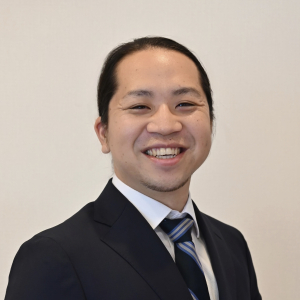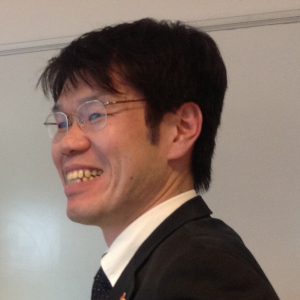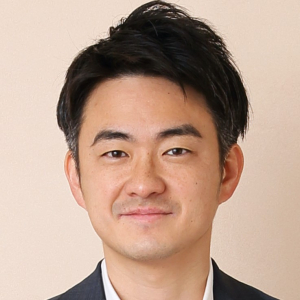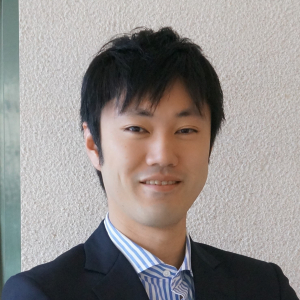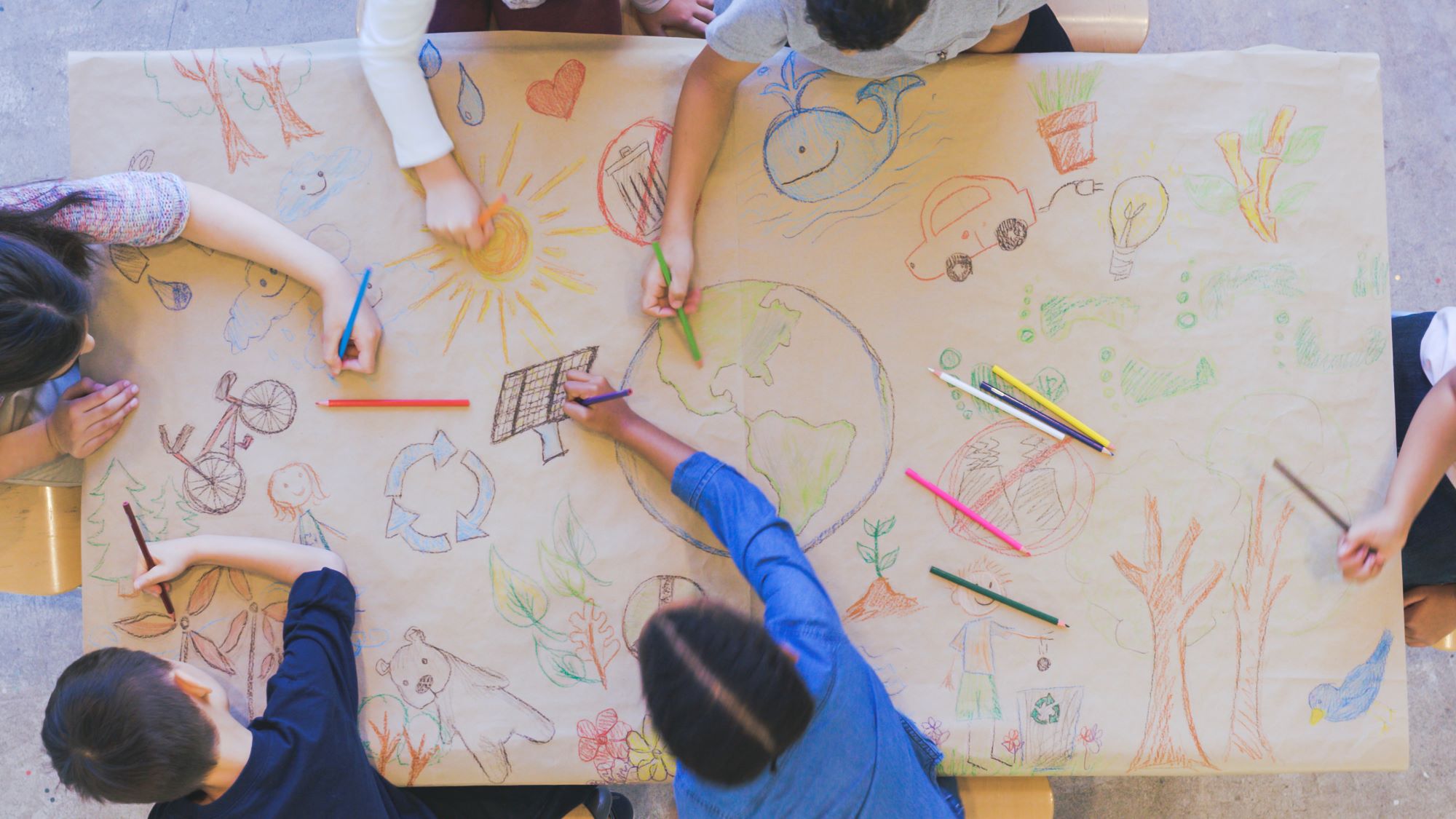
The Importance of Well-being in Educational Activities
December 16, 2024
R-2024-046E
When the WHO defined health as “a state of complete physical, mental and social well-being and not merely the absence of disease or infirmity” in the 1940s, it sparked a growing awareness of the concept of well-being. Today, amid the need for a fundamental reconsideration of our approach to the economy and society, “well-being” has become a keyword of the times. The definition above illustrates how the concept of well-being connotes the promotion of a positive situation: feeling happiness and living a better life.
In Japan, its importance in the context of government policy is also becoming more widely recognized. One notable example is the reference by former prime minister Fumio Kishida, in his policy speech to an extraordinary session of the Diet in October 2023, to “well-being” as a keyword to describe an era when the Japanese people can believe that “tomorrow will be better than today.”
In the field of education, the OECD’s Learning Compass 2030, on which consideration began in 2015, with the final report released in May 2019, advocates “Well-being 2030” as the goal of students’ learning activities. “Well-being” was also incorporated as a keyword into the Fourth Basic Plan for the Promotion of Education, decided by the Japanese cabinet on June 16th, 2023.
This paper provides an overview of the position of “well-being” in education in the context of the OECD as a leading force in the international debate, and the Fourth Basic Plan for the Promotion of Education by the Ministry of Education, Culture, Sports, Science and Technology, which is responsible for the education field in Japan. It also confirms the importance of well-being in education and suggests the pathways to its effective practice.
1. “Well-being” in the OECD Learning Compass 2030
The OECD Learning Compass 2030 is a conceptual framework created as part of the OECD Future of Education and Skills 2030 project, on which consideration began in 2015, with the final report released in May 2019. Under this project, the external environment is characterized in terms of three perspectives: 1) environmental issues such as climate change, 2) economic issues such as technological progress through science and the relationships of mutual economic dependence between countries and regions, and 3) social issues such as the increasing global population and the threat of war and terrorism. The project points out that in this external environment, individual action without purpose actually serves to exacerbate the issues described above. Instead, it focuses on individual and collective well-being as a concept that incorporates ways of approaching these issues.
It describes a vision where students develop agency (“the capacity to set a goal, reflect, and act responsibly to effect change”), acquire the three competencies (abilities) of creating new value, reconciling tensions and dilemmas, and taking responsibility,
and progress toward “well-being.” It is clear from this context that the project sets its sights not only on individual well-being but also social well-being (collective well-being).
Figure 1: The OECD Learning Compass 2023

Source: OECD. OECD Learning Compass 2030. https://www.oecd.org/en/data/tools/oecd-learning-compass-2030.html
2. “Well-being” in the Fourth Basic Plan for the Promotion of Education
The two main concepts of the Ministry of Education, Culture, Sports, Science and Technology’s Fourth Basic Plan for the Promotion of Education, decided by the Japanese cabinet on June 16, 2023, are “fostering creators for a sustainable society” and “improving the Japanese way of well-being.” These concepts resonate with the idea of well-being promoted by the OECD. The plan sets forth the basic principle of improving well-being through all aspects of educational activities by developing the autonomy and creativity of children and young people and aiming for the self-realization of each individual. It is also notable for mentioning the importance of the well-being of teachers and other school staff, together with the whole of society, in raising the well-being of children.
Figure 2: Teachers’ Well-being and the Well-being of Schools, Communities, and Society

|
子供たちのウェルビーイングが家庭や地域、社会に広がっていき、その広がりが多様な個人を支え、将来にわたって世代を超えて循環していく姿の実現が求められる。 |
We need to achieve a scenario where children’s well-being spreads throughout households, communities, and society, supporting diverse individuals, and creating a virtuous cycle across generations into the future. |
|
社会 |
Society |
|
子供・若者⇔学校⇔家庭・地域⇔社会のウェルビーイングの循環 |
The Well-being Cycle: Children/Youths ⇔ Schools ⇔ Households/Communities ⇔ Society |
|
家庭・地域 |
Households/Communities |
|
地域住民 |
Local residents |
|
子供・若者 |
Children/Youths |
|
保護者 |
Guardians |
|
生涯学習・社会教育を通じた地域コミュニティの基盤 |
Foundation of the local community through lifelong learning and social education |
|
社会教育施設 |
Social education facilities |
|
職員・支援人材 |
Administrative and support staff |
|
学校 |
Schools |
|
教師 |
Teachers |
|
教師のウェルビーイング |
Teachers’ Well-being |
|
· 職場の心理的安全性 |
・Psychological safety of workplaces |
|
· 良好な労働環境 |
・Good labor environments |
|
· 保護者や地域との信頼関係 |
・Relationships of trust with guardians and communities |
|
· 子供の成長実感 |
・A sense of children’s growth |
Source: Ministry of Education, Culture, Sports, Science and Technology. “[The Fourth Basic Plan for the Promotion of Education] How to Foster Creators for a Sustainable Society and Improve the Japanese Way of Well-being (Interview).” https://mext-gov.note.jp/n/n696c552330ce
3. The Importance of Well-being in Education
It is clear from the positioning of well-being as the guiding compass of educational activities under the OECD Learning Framework 2030, as well as the importance of well-being under the Ministry of Education, Culture, Sports, Science and Technology’s Fourth Basic Plan for the Promotion of Education, that the trend toward cultivating well-being in education is gaining strength.
A survey undertaken by the Ministry of Education, Culture, Sports, Science and Technology in FY2023 suggests that connections with others, such as relationships with friends and teachers, even more than academic abilities (grades) themselves, lead to greater well-being, and that this well-being results in a more positive attitude toward schoolwork. It also indicates the important role of teachers’ well-being in contributing to the well-being of students.
While research into the factors that nurture well-being in the school context has been gradually progressing, there are still only an extremely limited number of use cases that verify what sort of specific activities actually nurture well-being in the context of activities and well-being linked to existing educational practices.
This research program will engage in integrating the programs designed to nurture well-being in coordination with local governments and education practices so far to continue to consider the future of education with well-being in mind.
References
- Policy Speech by Prime Minister Kishida to the 212th Session of the Diet. https://japan.kantei.go.jp/101_kishida/statement/202310/23shoshinhyomei.html. (Accessed on September 24, 2024)
- “Shifting Frames of Competency in the OECD Future of Education and Skills 2030 Project: With a Focus on the OECD Learning Compass 2030.” Bulletin of Tokyo Gakugei University. General Education Studies. 72. pp.579–588. https://ndlsearch.ndl.go.jp/books/R100000136-I1050288469016632576
- Ministry of Education, Culture, Sports, Science and Technology’s Central Council for Education. Meeting Materials for the (13th) Meeting of the Committee on the Basic Plan for the Promotion of Education. [Appendix 8] “Improving Well-being (Direction in the Next Basic Plan for the Promotion of Education).” https://www.mext.go.jp/kaigisiryo/content/000214299.pdf. (Accessed on September 24, 2024)
- Ministry of Education, Culture, Sports, Science and Technology. FY2023 National Survey of Academic Ability and Learning: Report of Analysis of Well-being―Towards Cultivating Well-being in the Forum of Schools―. https://www.mext.go.jp/content/20240625-mxt_soseisk02-000036677-13.pdf. (Viewed on September 24, 2024)
